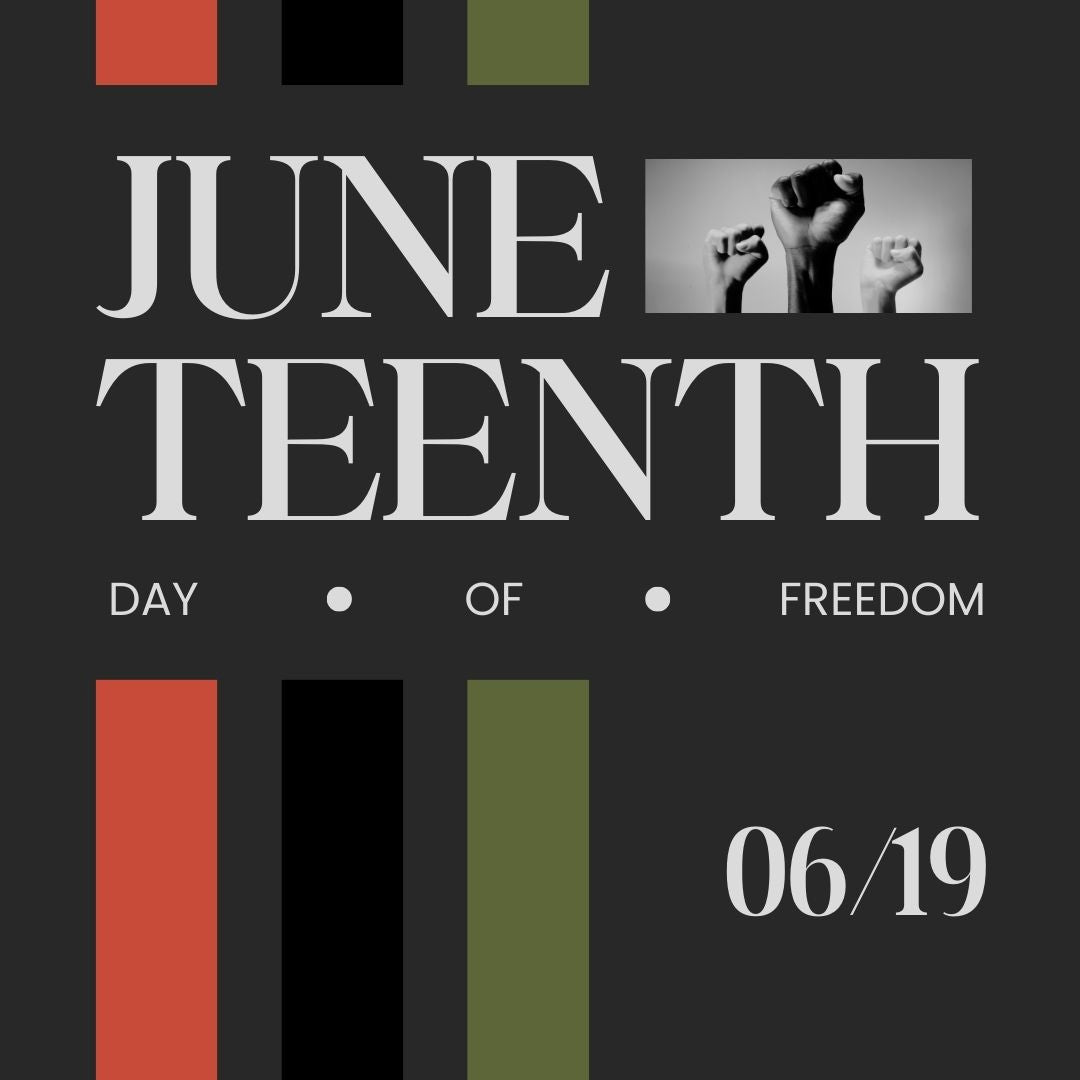
Our Blog
Juneteenth & Hemp
Juneteenth & Hemp
One of the oldest celebrated holidays in the US, gained federal recognition in 2021. This day commemorates when Major General Gordon Granger gave the General Order No.3 , on June 19th 1865, in Galveston Texas. Declaring the end of the Civil War, marking the end of legal slavery in all confederate states, where an approximate 25,000 black Americans remained enslaved proceeding the issuing of the emancipation proclamation by two and a half years.

Source;General Orders, No. 3. Dallas Herald (Dallas, Tex.), July 01, 1865, Image 2, col. 3. Chronicling America: Historic American Newspapers. Serial & Government Publications Division
Impact on the Agricultural Economy
Slavery and hemp are deeply intertwined in the American agricultural economy, hemp being brought to North America in 1611 by the Jamestown settlers. By the 17th century American colonies were required to grow hemp. Due to its versatility, Hemp was an important export and cash crop; textiles, rope, sails, canvas, and other agricultural products were all produced with hemp at this time.
Cultivation was often encouraged by the colonial government in efforts to avoid Russian hemp imports. Hemp had an especially high demand in the maritime industries, ranging from 60-100 tons of hemp needed per vessel. This effort soon turned into an act of patriotism. At the time nearly every piece of farm land included hemp, some say if your crops did not include one or more of the following hemp, flax and wool you & your plantation were not considered a patriot.

Depicts a worker cutting hemp stalks. Cut stalks are seen spread out in preparation to be shocked into bundles. Courtesy the Kentucky Historical Society
Hemp & Historical Figures
Prominent members like George Washington and Thomas Jefferson are known to have grown hemp on their plantations in Virginia. Today, you can visit both Mount Vernon, George Washington's Plantation home, and the Monticello Plantation, Thomas Jefferson's Plantation home, both located in Virginia. These locations have multiple historic recordings of not only enslaved workers, but hemp has been found in letters, farm records, and journal entries.

Photo:” possibly the first photographs ever taken of Monticello, in Antoinette W. Roades' article, "Photographed by William Roads: A Portrait of the Artist Through the Lens of His Work" (35-66 - images of Monticello on page 61).” Sourced and quoted from the Monticello.org article by Anna Berks dated 1/21/2009.
Changes Post-Juneteenth
The end of slavery brought drastic changes to the agricultural economy, placing hardship, legal battles, and at times, closure to farm owners due to the decrease in labor. These incredibly labor intensive, staple crops included; Corn, Tobacco, Sugar, Wheat, Cotton, Rice, Tea, Grain, and Hemp. Agricultural communities relied heavily on enslaved labor, responsible for the demanding task of planting, harvesting, and processing the crop. With the decrease in free labor, confederate farmers were left scrambling to keep up, and not lose their farms and livelihood. Meanwhile, empowered African Americans who were once enslaved immediately stepped into action on a new hardship of locating distant loved ones, establishing churches and schools, including integrating into the political world.

Photo: The Holt County Sentinel, Oregon Missouri, dated 06/30/1865. Where the column titled “the Freedmen Question” dives into the statistics of farm owners and enslaved workers during the time. Sourced from the Library of Congress archives.
Black Americans & Cannabis today
Systemic discrimination has hindered the equal participation of Black entrepreneurs in the cannabis industry. Despite the 2018 Farm Bill legalizing industrial hemp, the legacy of discriminatory policies from the 1970s continues to affect Black Americans disproportionately. Currently, only 4.3% of cannabis businesses are Black-owned, highlighting ongoing challenges and the need for support to achieve equality in the industry.
Big names like;
- Snoop Dog who launched an online platform for canna-enthusiast in 2017 called MARRYJANE
- Whoopi Goldberg medical approach geared toward the female communities Whoopie & Maya
- Tsion Sunshine Lencho, a cannabis Attorney, founded the networking platform, Supernova Women, for women of color interested in breaking into the industry.
- Wiz Khalifa strengthening his brand with his signature cannabis brand Khalifa Kush featuring a variety of products including flowers, concentrates, edibles, smoking accessories, and merch.

Rap icon Snoop Dogg paid a visit to Niagara-on-the-Lake last fall, touring Tweed Farms to catch a glimpse of some of the product being grown at the facility on Concession 5. Windsor Star
Not to mention the growing list of companies dedicated to equalizing the market and assisting in the success of cannabis businesses owned and operated by people of color, advocating for equality in the industry for Black entrepreneurs.
Just to name a few;
We encourage you to take the time and dive into each one of the companies and the impact they have ushered in for the Black communities in the cannabis industry.
Celebrating Juneteenth
- Attend a local Juneteenth Event: many communities come together during this time, from festivals, parades, protests, and concerts. This is also a great opportunity for allies of the black community to contribute their time and resources. Do a quick Google search for [your city] + Juneteenth to see if there are any events near you.
- Dedicate the day to learning more about the Juneteenth and the legacy of slavery. Visit a local library and explore the numerous books on the time period, capturing the time and retelling of historical events. Check out the Juneteenth Reading List from Penguin Random House for more recommendations.
- If you're not a reader, media production might be more your speed. Youtube documentaries, or utilizing public broadcasters for programs like PBS juneteenth-jamboree, or catch the movie 13th, on Netflix.
- Visit a Black-Culture Museum or cultural site: Many offer commemorative lectures, performances, and other programs, or those who are unable to attend, a host of online resources, including videos and artifacts about Juneteenth can be found at the National Museum of African-American History website.
- At home, you can plan a meal, decorate your table and front door with a juneteenth theme. During the festivities discuss what celebrations mean today, reflect on the history, consider making pledges for the future and enlisting an accountability buddy to accomplish these goals. Additionally, take it to your neighbors, plan a block party or cookout, commemorating the event, or even display yard signs.Check out these retailers for festive decorations to dress the day in; Amazon, Walmart, Party City .





